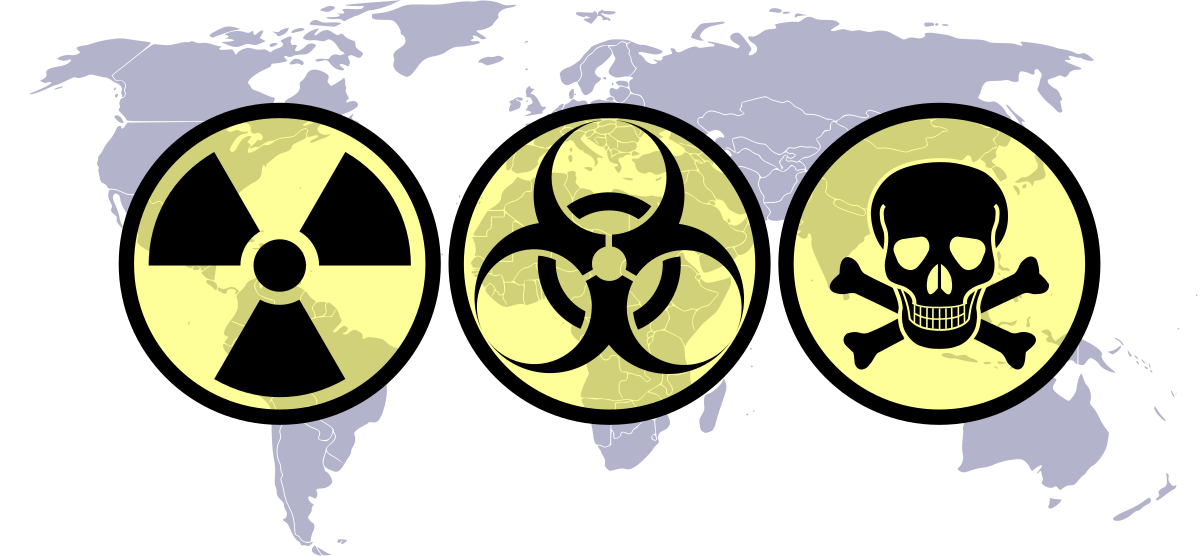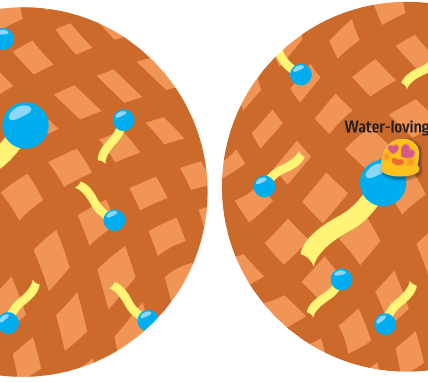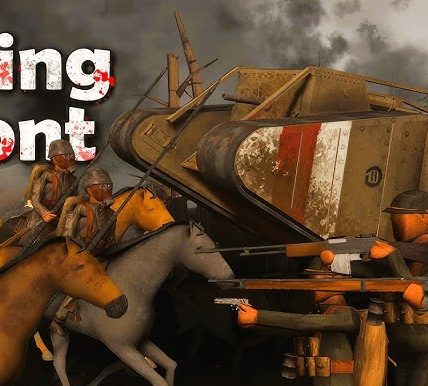Introduction
Chemical warfare represents one of the darkest intersections of science and ethics. Utilizing toxic agents to incapacitate, harm, or kill has been a contentious method of warfare, eliciting widespread condemnation and international efforts to prevent its use. This article explores the scientific principles behind chemical warfare, the biological effects of toxic agents, and the ethical questions and global measures surrounding this controversial military tactic.
1. Historical Development of Chemical Warfare
Chemical warfare has its origins in ancient times, but it was during World War I that it became a significant component of armed conflict. The development and deployment of chlorine and mustard gas marked a turning point, prompting global outcry and subsequent international legislation to ban the use of chemical weapons.
2. Types of Chemical Weapons
Chemical weapons are categorized into different types based on their effects, including nerve agents, blister agents, choking agents, and blood agents. Understanding the science behind these agents is crucial to developing protection and decontamination measures.
3. Biological Effects of Toxic Agents
Toxic agents interact with the human body in various ways, disrupting normal physiological functions. Nerve agents, for example, inhibit neurotransmitter breakdown, leading to respiratory failure. The biological effects of chemical weapons range from temporary incapacitation to long-term health issues and death.
4. Environmental Impact
The environmental consequences of chemical warfare are profound. Toxic agents can contaminate soil, water, and air, leading to long-lasting ecological damage and affecting both human and wildlife populations in the targeted regions.
5. Protection and Decontamination
Developments in science have led to the creation of protective gear and decontamination procedures to mitigate the effects of chemical exposure. These advancements are essential for the safety of both military personnel and civilians in affected areas.
6. International Legislation and Treaties
In response to the horrors of chemical warfare, the international community has established several treaties, most notably the Chemical Weapons Convention (CWC), aimed at prohibiting the development, production, stockpiling, and use of chemical weapons.
7. Ethical Dilemmas and Humanitarian Concerns
The use of chemical weapons raises profound ethical questions. The intentional targeting of civilians, the indiscriminate nature of these weapons, and the long-term suffering they inflict have led to their near-universal condemnation.
8. Compliance and Enforcement
Ensuring compliance with international treaties is a complex task. Organizations like the Organisation for the Prohibition of Chemical Weapons (OPCW) work to verify adherence to the CWC and address allegations of chemical weapons use.
9. The Role of Science and Research
Science and research play a dual role in chemical warfare – they have been used to develop toxic agents but are also instrumental in creating protective measures and treatments. The ethical responsibility of scientists and researchers in this field is a subject of ongoing debate.
10. Education and Awareness
Raising awareness about the history, science, and ethics of chemical warfare is vital. Education serves as a tool to foster informed discussions, promote compliance with international norms, and prevent the future use of these inhumane weapons.
Conclusion
Chemical warfare sits at a contentious crossroad of science and ethics. While scientific advancements have contributed to the development of toxic agents, they have also enabled the creation of protection, treatments, and international verification methods. The ethical dilemmas surrounding chemical warfare continue to drive discussions on humanitarian concerns, the responsibility of the scientific community, and the enforcement of international norms to safeguard humanity from the horrors of toxic agents.
Tags: #ChemicalWarfare, #ToxicAgents, #ScienceAndEthics, #InternationalLaw, #BiologicalEffects, #EnvironmentalImpact, #ChemicalWeaponsConvention, #Protection, #Decontamination, #EthicalDilemmas











